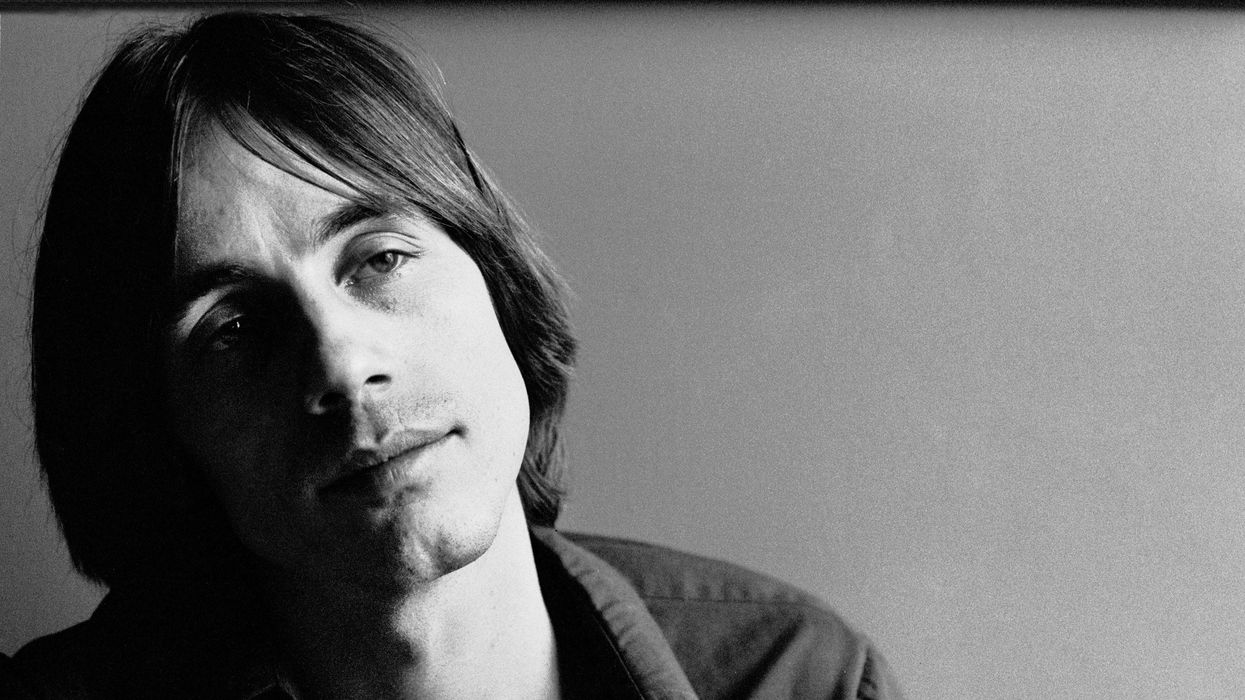It has been two months since we launched The (New) Fulcrum. At that time we committed to continuing coverage of news, politics, policy and public affairs as they relate to democracy and bridge building. We also committed to new coverage of culture, deepening and discovering our shared interests and common destinies, highlighting our similarities.
The response to our writings and videos that include all the creative arts has been overwhelmingly positive. Thank you.
As we continue to explore the connection of the arts to democracy, we realize that it is also an exploration of ourselves, of our dreams, of the changes that happen as the years pass by, of our place in our community, our nation and the world.
Yet so much of politics today is about competing narratives of the truth and alternate interpretations of how policies will be implemented. Those in power resort to intense lobbying to win the war of ideas; for the heart and soul of America. We are all caught up in a never ending cycle of dysfunction and tribalism that threatens our democracy.
But perhaps the most important thing we can do is to look away from the political circus and instead turn inward. It's vital to ask ourselves: What is our role in shaping the destiny for our children, our grandchildren and, yes, perhaps even our country? As I recently listened to "The Pretender," a song written over 45 years ago by American rocker Jackson Browne, I started this exploration for myself.
In a 1997 interview, Browne said of "The Pretender":
"It is two things at once. It's that person in all of us that has a higher ideal, and the part that has settled for compromise — like Truffaut says, there's the movie you set out to make, and there's the one you settle for."
Browne goes on to say:
"The Pretender is about '60s idealism, the idea of life being about love and brotherhood, justice, social change and enlightenment, those concepts we were flooded with as our generation hit its stride; and how, later, we settled for something quite different. So when I say 'say a prayer for the pretender,' I'm talking about those people who are trying to convince themselves that there really was nothing to that idealism."
These reflections by Browne from the Pretender ring true in this refrain:
I want to know what became of the changes
We waited for love to bring
Were they only the fitful dreams
Of some greater awakening?
I've been aware of the time going by
They say, in the end, it's the wink of an eye.
As you listen to Browne's The Pretender ask yourself if our nation is a macrocosm of what inevitably happens to us as individuals. Are the dreams of our nation fading away similarly to the fading away of our personal idealism? Has a national ethos of democracy, rights, liberty, opportunity and equality for all vanished as the realities of the political circus consume us all?
Or perhaps the idealism of E Pluribus Unum (out of many, one) has been replaced by belief in demagoguery. This adherence to political dogma demonizes our differences and causes us to refuse to believe people acting and deliberating in good faith could rationally differ from their vision of who we are as Americans, and make room for us all.
"Are you there? Say a prayer for the pretender, who started out so young and strong only to surrender"
Please share with us your ideas by writing to us at pop-culture@fulcrum.us.



















Trump & Hegseth gave Mark Kelly a huge 2028 gift